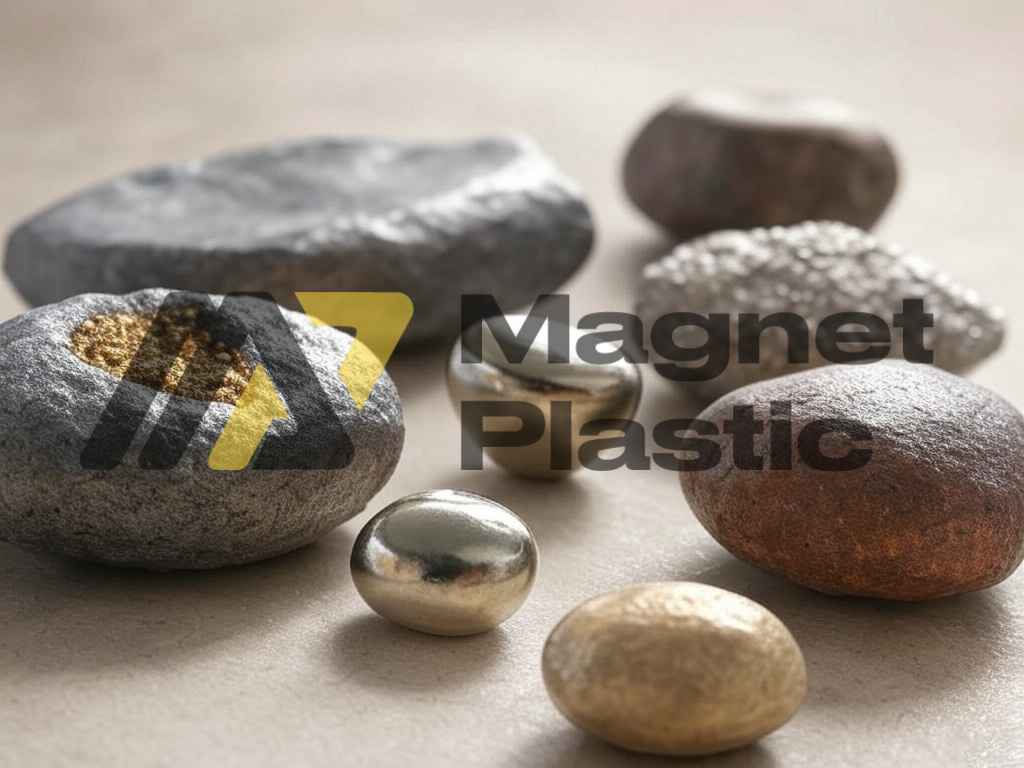Strategic Raw Materials
A Key Pillar for Europe’s Future
The recent entry into force of the European Law on Key Raw Materials marks a milestone in the European Union’s strategy to ensure a secure, sustainable and competitive supply of strategic raw materials. This regulatory framework seeks to strengthen European industrial sovereignty and prepare the region for the challenges of an increasingly digitalised world committed to the ecological transition.
The Role of Strategic Raw Materials in a Sustainable Future
Europe, on its path to carbon neutrality, recognises the critical importance of strategic raw materials such as rare earths. These materials are essential for the manufacture of green technologies, such as wind turbines, electric vehicles and energy storage batteries. The European Law on Key Raw Materials reinforces the Union’s commitment to the ecological transition, promoting resilient and sustainable supply chains.
Innovation and R&D Projects: Advances in Circularity
In this context, several European companies are leading initiatives to address the dependence on strategic raw materials through innovation. Projects such as Plooto, Passenger and Sycaperma stand out for their focus on waste reduction, traceability of secondary raw materials and recycling of magnets. These initiatives not only seek to optimize the use of resources, but also to promote a circular production model that reduces dependence on the import of raw materials.
Research and technological development also play a crucial role in the development of sustainable alternatives. Innovative materials and environmentally friendly extraction methods are a priority to meet the objectives of the law.
Benefits of the European Law on Critical Raw Materials
The regulation introduces a set of measures that will benefit the industrial and business sectors. Its main points include:
Reduction of bureaucracy: Faster and clearer authorization procedures for mining and recycling projects.
Economic incentives: Specific support to attract private investors and encourage the development of local infrastructure.
Promoting circularity: Promoting recycling and reuse of key raw materials to create more sustainable value chains.
These elements seek to strengthen European competitiveness, reduce dependence on third countries and ensure security of supply in a global context of increasing demand for strategic raw materials.
Strategic Raw Materials: Key to Europe’s Autonomy
The shift towards renewable energies and digital economies implies a significant increase in the demand for strategic raw materials. These are essential not only for the ecological transition, but also for maintaining Europe’s technological leadership and economic resilience. The European Law establishes coordination mechanisms between Member States to monitor supply chains and manage strategic reserves, thus ensuring a rapid response to possible disruptions.
Statements Reflecting European Commitment
MEP Nicola Beer (Renew Europe, Germany) highlights: “This legislation is a key project to ensure a sustainable supply of raw materials in Europe. With targeted incentives and simplified procedures, we are creating a more favourable environment for investment and industrial development.”
A Sustainable and Competitive Future
In conclusion, the European Law on Critical Raw Materials represents a decisive step towards a more circular and sustainable economy. By prioritising innovation, research and the development of sustainable alternatives, Europe is laying the foundations to ensure access to strategic raw materials, essential for its green and digital future. Collaboration between the public and private sectors will be essential to realise this vision and ensure the global competitiveness of the region.
